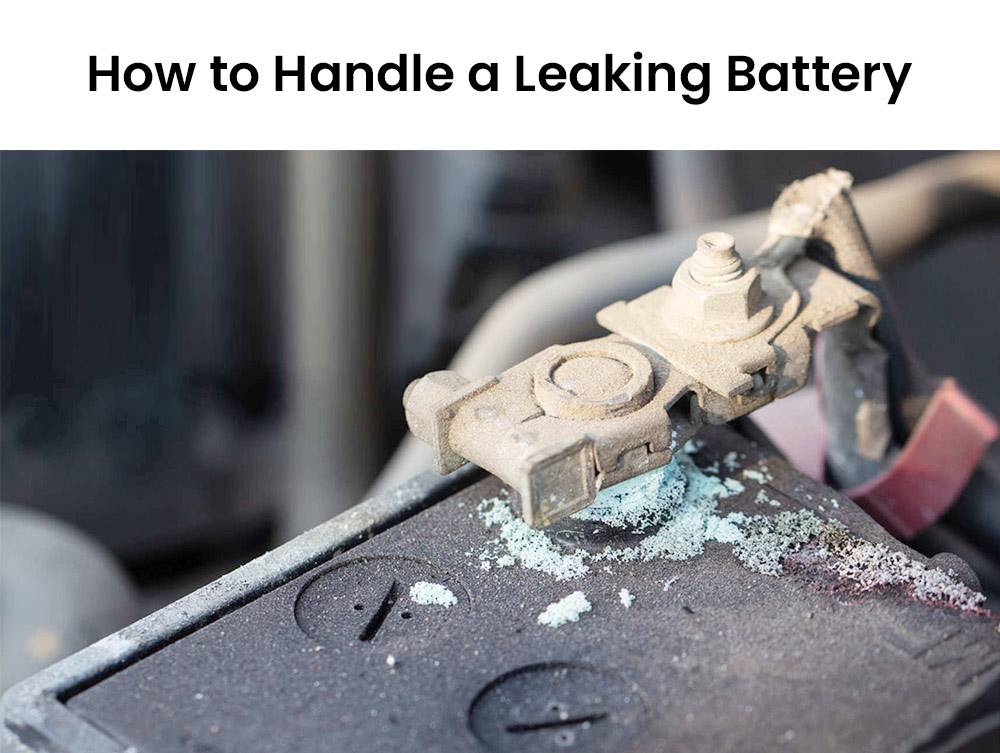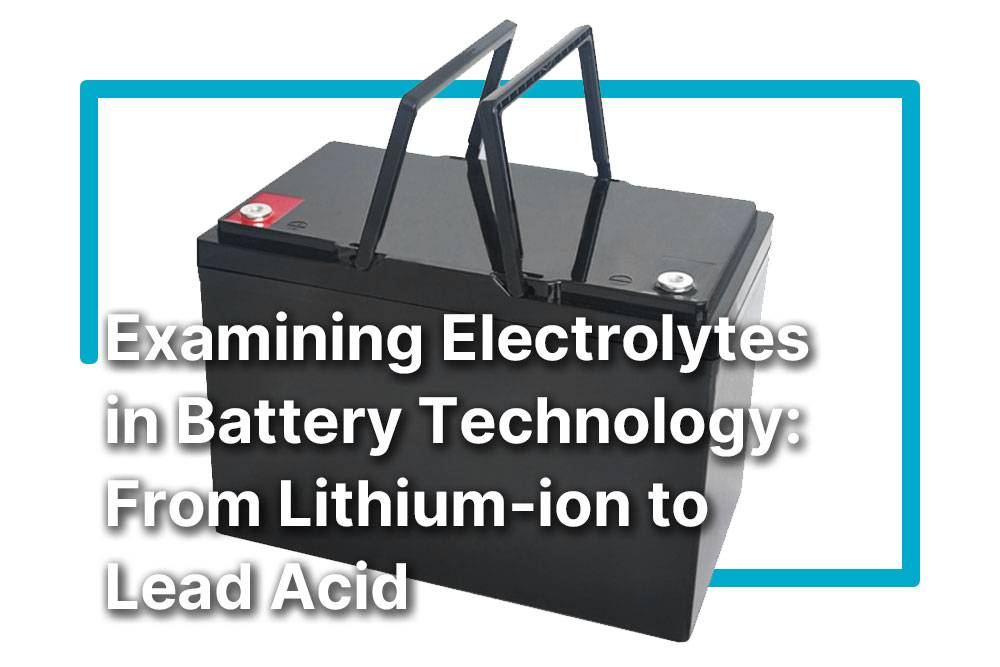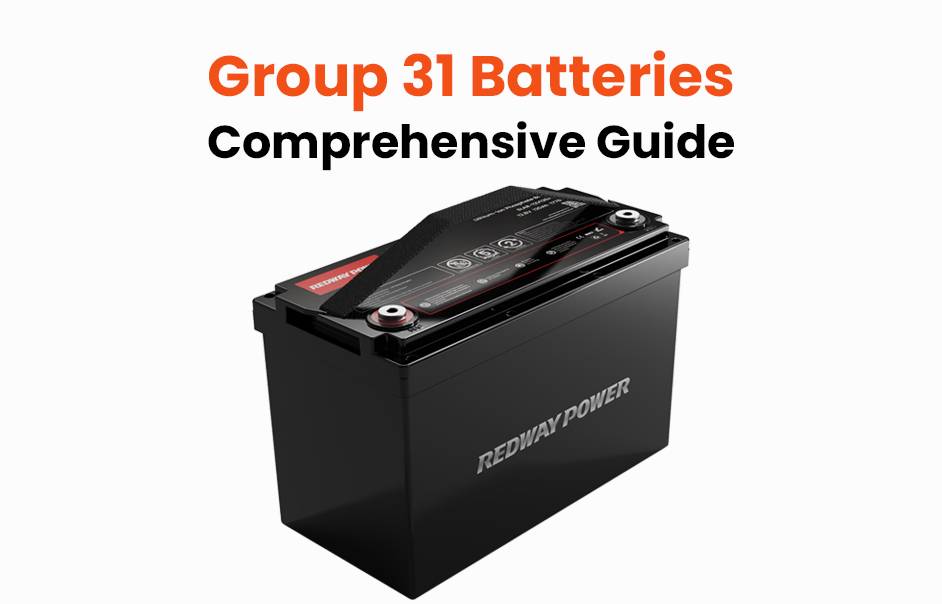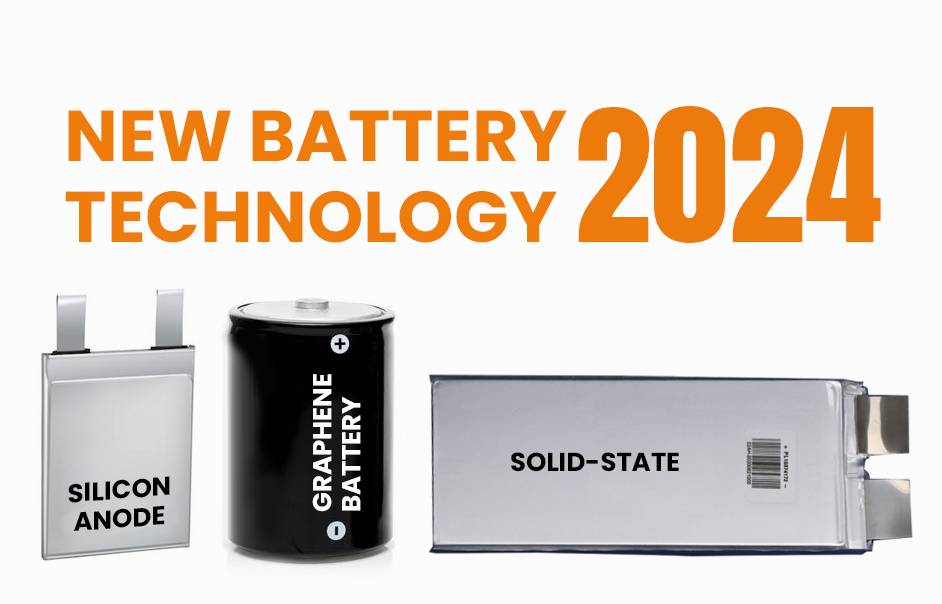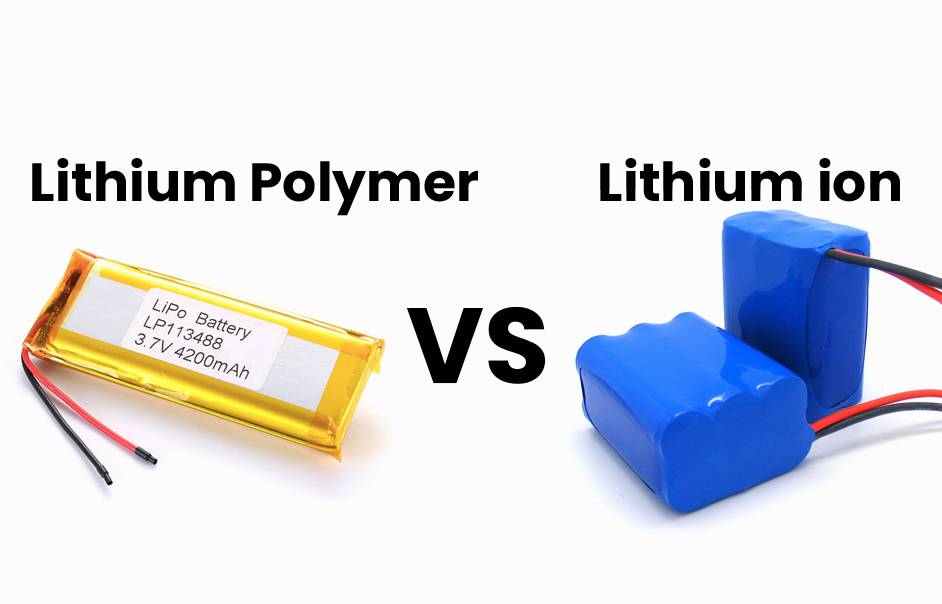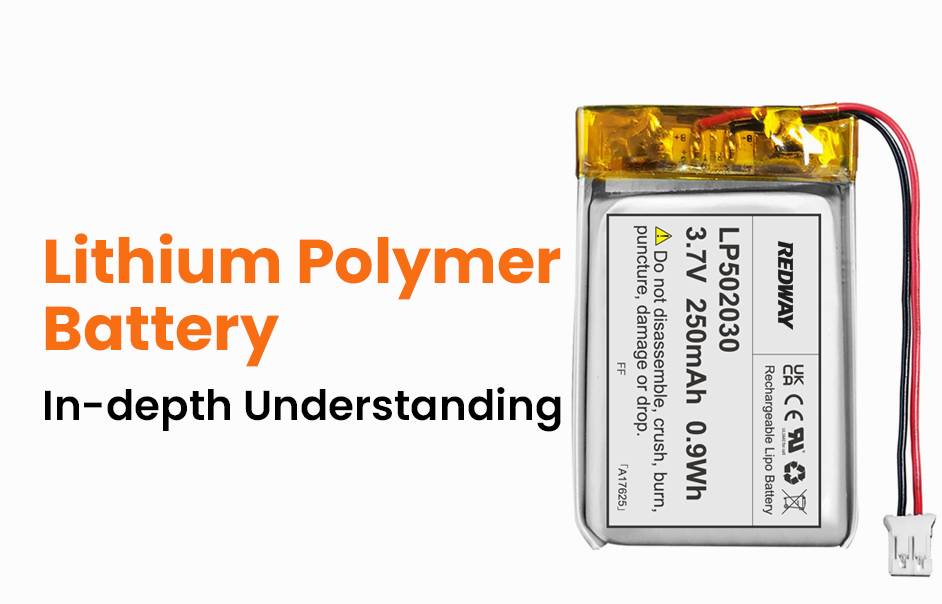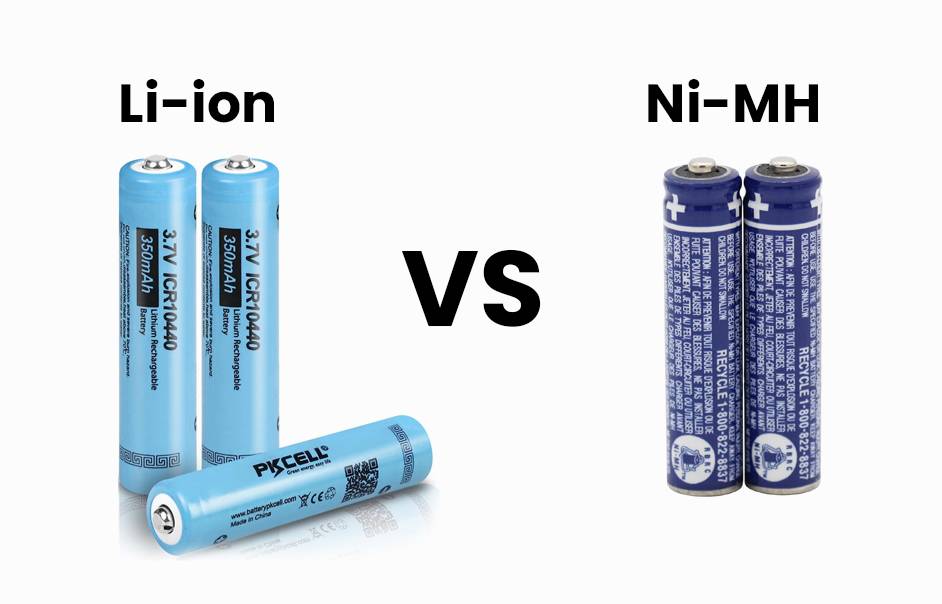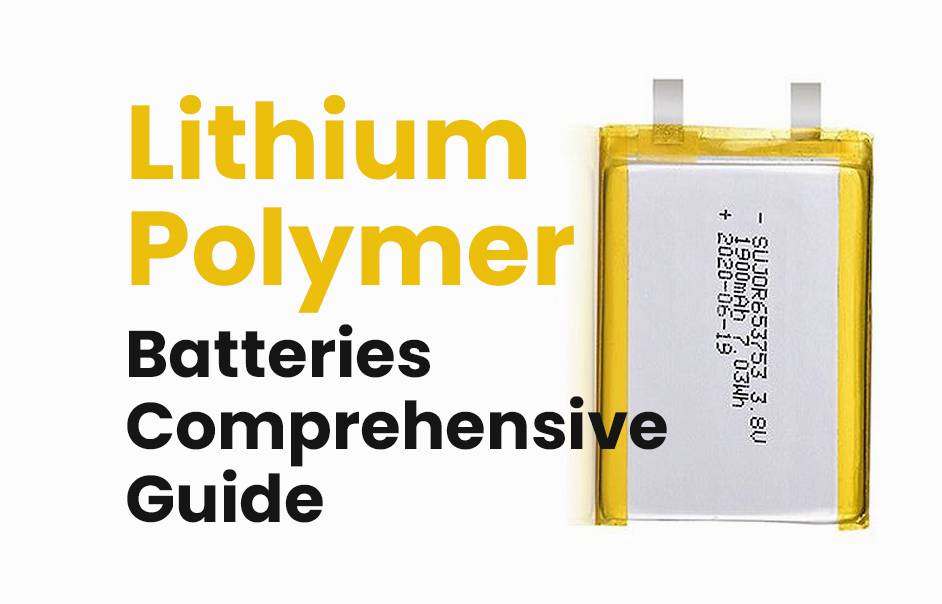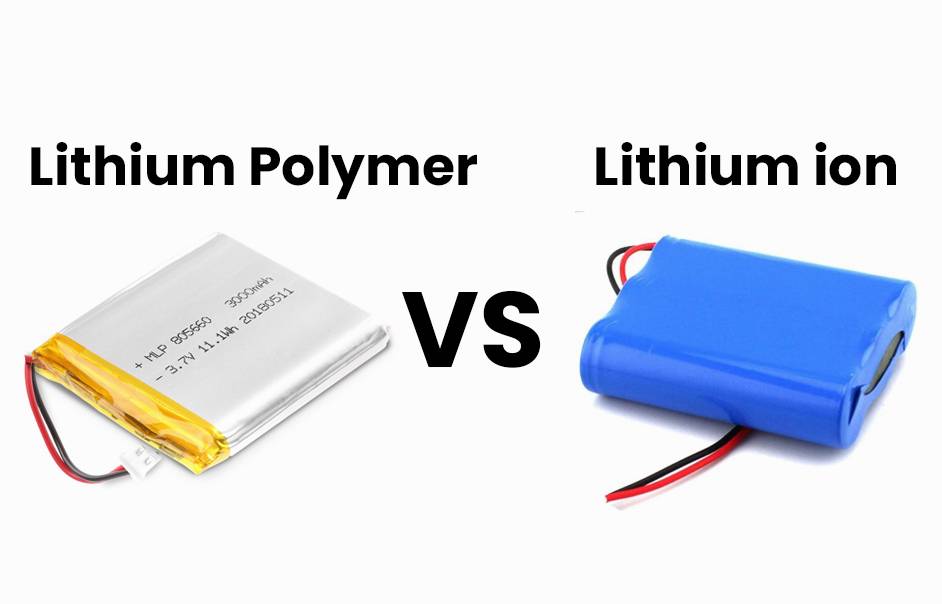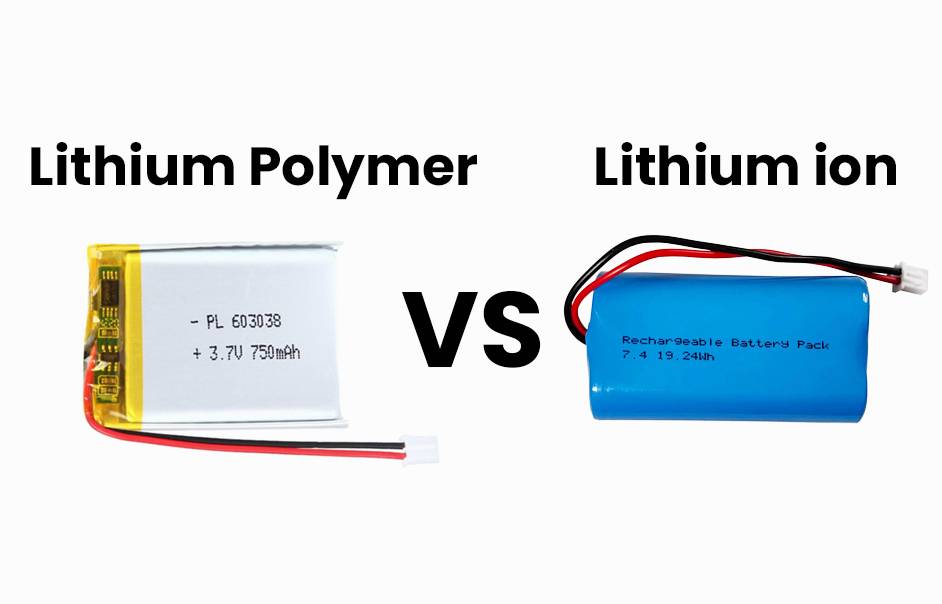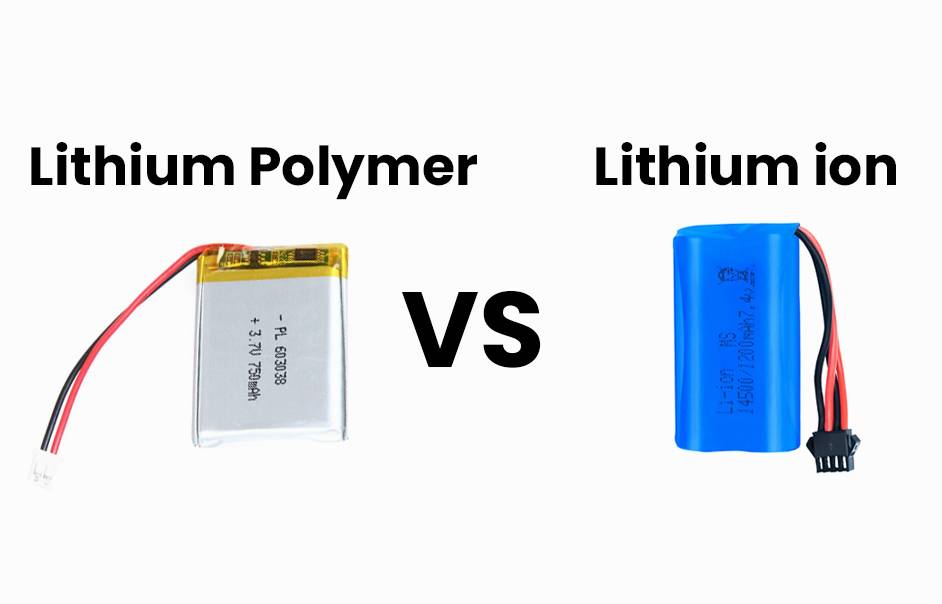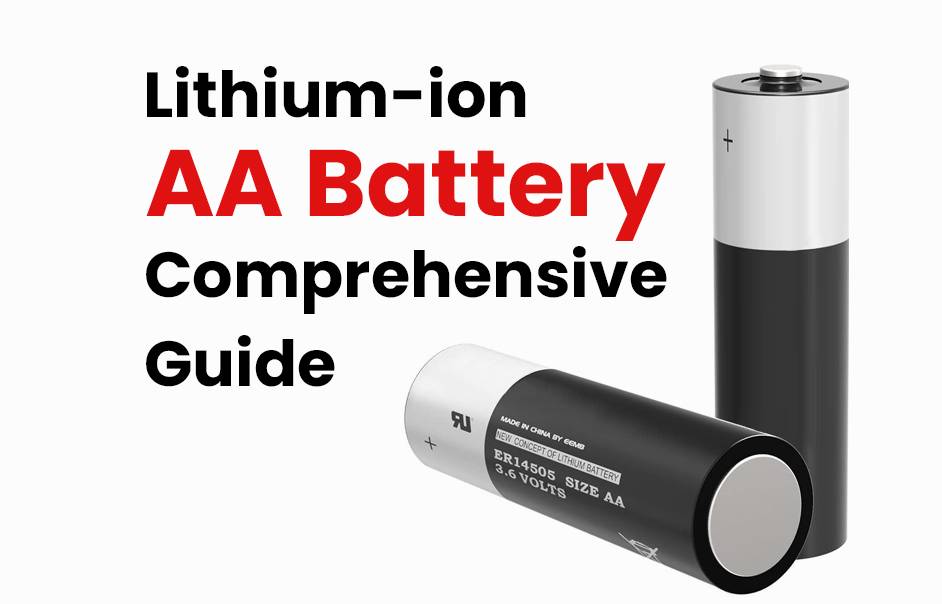- Forklift Lithium Battery
-
48V
- 48V 210Ah
- 48V 300Ah
- 48V 420Ah (949 x 349 x 569 mm)
- 48V 420Ah (950 x 421 x 450 mm)
- 48V 456Ah
- 48V 460Ah (830 x 630 x 590 mm)
- 48V 460Ah (950 x 421 x 450 mm)
- 48V 460Ah (800 x 630 x 600 mm)
- 48V 460Ah (820 x 660 x 470 mm)
- 48V 500Ah
- 48V 560Ah (810 x 630 x 600 mm)
- 48V 560Ah (950 x 592 x 450 mm)
- 48V 600Ah
- 48V 630Ah
-
48V
- Lithium Golf Cart Battery
- 12V Lithium Battery
12V 150Ah Lithium RV Battery
Bluetooth App | BCI Group 31
LiFePO4 Lithium
Discharge Temperature -20°C ~ 65°C
Fast Charger 14.6V 50A
Solar MPPT Charging - 24V Lithium Battery
- 36V Lithium Battery
- 48V Lithium Battery
-
48V LiFePO4 Battery
- 48V 50Ah
- 48V 50Ah (for Golf Carts)
- 48V 60Ah (8D)
- 48V 100Ah (8D)
- 48V 100Ah
- 48V 100Ah (Discharge 100A for Golf Carts)
- 48V 100Ah (Discharge 150A for Golf Carts)
- 48V 100Ah (Discharge 200A for Golf Carts)
- 48V 150Ah (for Golf Carts)
- 48V 160Ah (Discharge 100A for Golf Carts)
- 48V 160Ah (Discharge 160A for Golf Carts)
-
48V LiFePO4 Battery
- 60V Lithium Battery
-
60V LiFePO4 Battery
- 60V 20Ah
- 60V 30Ah
- 60V 50Ah
- 60V 50Ah (Small Size / Side Terminal)
- 60V 100Ah (for Electric Motocycle, Electric Scooter, LSV, AGV)
- 60V 100Ah (for Forklift, AGV, Electric Scooter, Sweeper)
- 60V 150Ah (E-Motocycle / E-Scooter / E-Tricycle / Tour LSV)
- 60V 200Ah (for Forklift, AGV, Electric Scooter, Sweeper)
-
60V LiFePO4 Battery
- 72V~96V Lithium Battery
- Rack-mounted Lithium Battery
- E-Bike Battery
- All-in-One Home-ESS
- Wall-mount Battery ESS
-
Home-ESS Lithium Battery PowerWall
- 24V 100Ah 2.4kWh PW24100-S PowerWall
- 48V 50Ah 2.4kWh PW4850-S PowerWall
- 48V 50Ah 2.56kWh PW5150-S PowerWall
- 48V 100Ah 5.12kWh PW51100-F PowerWall (IP65)
- 48V 100Ah 5.12kWh PW51100-S PowerWall
- 48V 100Ah 5.12kWh PW51100-H PowerWall
- 48V 200Ah 10kWh PW51200-H PowerWall
- 48V 300Ah 15kWh PW51300-H PowerWall
PowerWall 51.2V 100Ah LiFePO4 Lithium Battery
Highly popular in Asia and Eastern Europe.
CE Certification | Home-ESS -
Home-ESS Lithium Battery PowerWall
- Portable Power Stations
What Should You Do If Your Lithium Battery Leaks?
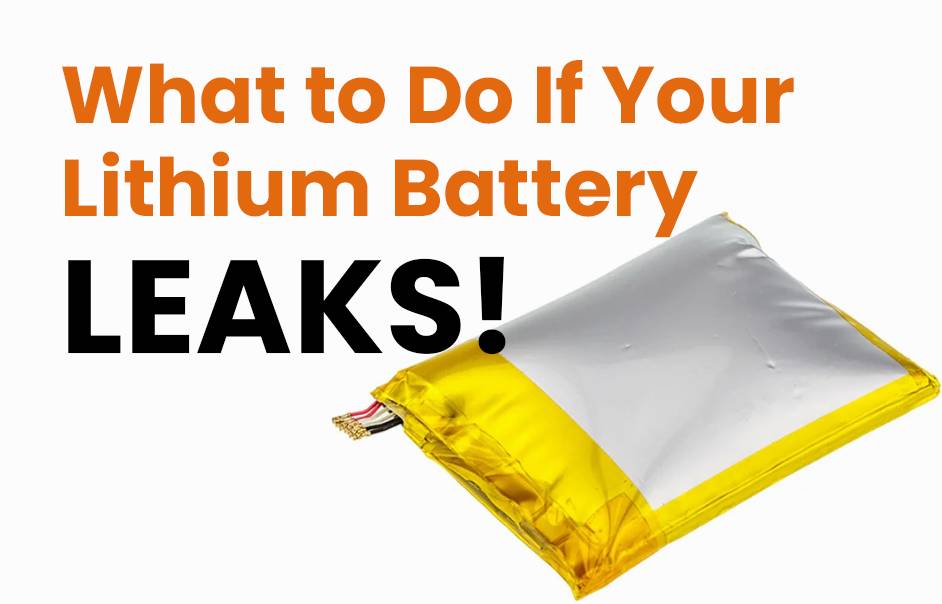
If you notice that your lithium battery is leaking, it’s crucial to act quickly and safely. Lithium batteries can leak electrolyte, which may be corrosive and hazardous. Immediate action can prevent further damage to devices and reduce safety risks. Here’s what you need to know about handling lithium battery leaks effectively.
What Are the Causes of Lithium Battery Leakage?
Lithium battery leakage can occur due to several reasons:
- Overcharging: Charging beyond the battery’s capacity can cause internal pressure buildup, leading to leaks.
- Physical Damage: Dropping or puncturing the battery can compromise its integrity, resulting in leakage.
- Manufacturing Defects: Poor quality control during production may lead to weaknesses in the battery casing.
- Temperature Extremes: Exposure to high temperatures can degrade battery materials, causing leaks.
| Cause | Description |
|---|---|
| Overcharging | Excessive voltage leads to pressure buildup |
| Physical Damage | Cracks or punctures compromise battery integrity |
| Manufacturing Defects | Flaws in production create weak points |
| Temperature Extremes | High heat degrades materials, causing leaks |
What Immediate Actions Should You Take If a Battery Is Leaking?
If you discover that your lithium battery is leaking, follow these immediate steps:
- Protect Yourself: Wear gloves and safety goggles to avoid contact with the electrolyte.
- Ventilate the Area: Ensure good airflow by opening windows or working outside.
- Remove the Battery: Carefully take out the leaking battery from its device using tools if necessary.
- Contain Any Spills: Use absorbent materials like sand or kitty litter to soak up any leaked fluid.
How Can You Detect a Lithium Battery Leak?
Detecting a lithium battery leak early can prevent further issues:
- Visual Inspection: Look for signs of corrosion, swelling, or discoloration on the battery casing.
- Leak Detection Fluids: Use specialized reagents that change color when they come into contact with lithium electrolyte.
| Detection Method | Description |
|---|---|
| Visual Inspection | Check for swelling or corrosion on the casing |
| Leak Detection Fluids | Apply reagents that react with electrolyte |
What First Aid Measures Should You Take for a Leaking Battery?
If you come into contact with leaking electrolyte:
- Wash Affected Skin: Rinse thoroughly with soap and water if electrolyte gets on your skin.
- Flush Eyes Immediately: If electrolyte enters your eyes, flush them with clean water for at least 15 minutes and seek medical attention.
How Should You Clean Up After a Lithium Battery Leak?
Cleaning up after a leak requires careful handling:
- Neutralize the Electrolyte: Depending on the type, use baking soda (for acidic leaks) or vinegar (for alkaline leaks) to neutralize spilled electrolyte.
- Wipe Up Spills: Use disposable cloths or paper towels to absorb any remaining fluid.
- Dispose of Materials Safely: Place all contaminated materials in a sealed plastic bag for proper disposal.
What Preventive Measures Can You Take to Avoid Leakage?
To minimize the risk of lithium battery leakage:
- Store Properly: Keep batteries in cool, dry places away from direct sunlight and heat sources.
- Avoid Overcharging: Use chargers designed specifically for your battery type and monitor charging times.
- Regularly Inspect Batteries: Check for signs of damage or wear and replace any compromised batteries promptly.
| Preventive Measure | Description |
|---|---|
| Proper Storage | Store in cool, dry places away from heat |
| Avoid Overcharging | Use appropriate chargers and monitor charging times |
| Regular Inspections | Check batteries regularly for damage |
How Should You Dispose of a Leaking Lithium Battery?
Never throw away leaking batteries in regular trash. Instead:
- Take It to a Recycling Center: Locate local hazardous waste disposal sites or recycling centers that accept lithium batteries.
- Follow Local Regulations: Adhere to guidelines set by local authorities regarding hazardous waste disposal.
What Are Alternatives to Traditional Lithium Batteries?
If you are looking for alternatives to traditional lithium-ion batteries, consider:
- Nickel-Metal Hydride (NiMH): Offers good performance but may have lower energy density than lithium-ion.
- Lead-Acid Batteries: Widely used in automotive applications; however, they are heavier and less efficient than lithium options.
- Lithium Iron Phosphate (LiFePO4): A safer variant of lithium batteries with enhanced thermal stability.
Redway Power has excellent solutions for those looking for reliable lithium-ion alternatives that outperform traditional models.
Tips for Battery Wholesale Buyers
When considering OEM orders or wholesale purchases of batteries, partnering with a reliable manufacturer like Redway Power is essential. With over 13 years of experience in lithium battery production, they ensure quality products tailored to diverse needs. Buyers should:
- Verify product specifications before placing orders.
- Understand minimum order quantities and lead times.
- Request samples to assess quality.
Choosing a reputable supplier guarantees consistent performance across your battery solutions.
Redway Power Expert Views
“Handling lithium batteries requires awareness of potential risks such as leakage,” states an expert from Redway Power. “By following proper safety protocols and preventive measures, users can significantly reduce hazards associated with battery use.”
FAQ Section
- What should I do if my lithium battery is leaking?
Immediately wear gloves and goggles, ventilate the area, remove the battery carefully, and contain any spills using absorbent materials. - How can I detect if my lithium battery is leaking?
Look for visual signs like swelling or corrosion; you can also use leak detection fluids that change color upon contact with electrolyte. - What are first aid measures if I come into contact with leaking electrolyte?
Wash affected skin thoroughly with soap and water; if it gets in your eyes, flush immediately with clean water for at least 15 minutes. - How should I clean up after a lithium battery leak?
Neutralize any spilled electrolyte using baking soda or vinegar, wipe up spills with disposable cloths, and dispose of contaminated materials safely. - What are some alternatives to traditional lithium batteries?
Alternatives include nickel-metal hydride (NiMH), lead-acid batteries, and lithium iron phosphate (LiFePO4), each offering unique benefits based on application needs.
